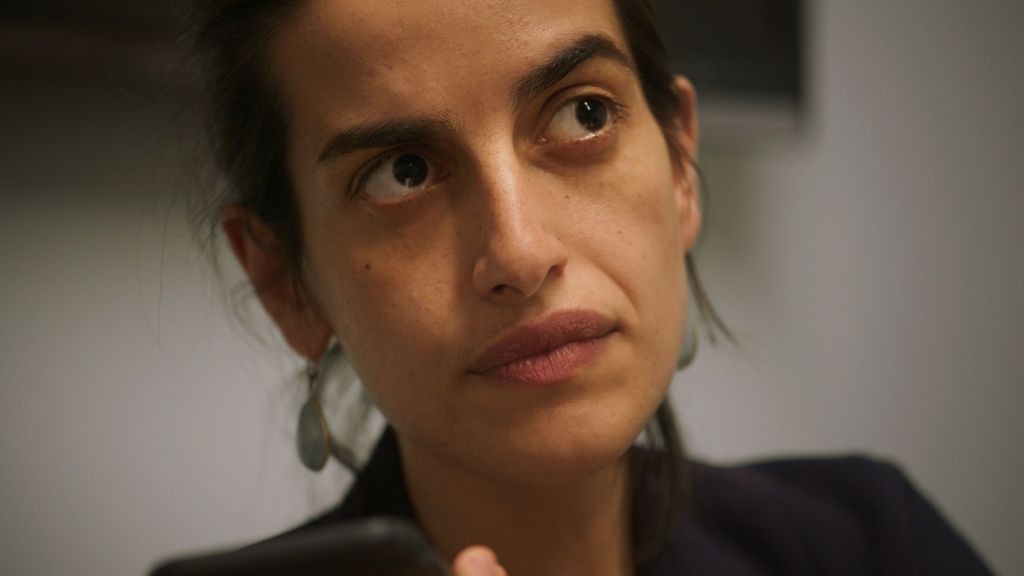
Death is an inescapable part of all our lives. There is the obvious way it hangs over all people, in that it is the ultimate end that awaits all of us. But perhaps even more painfully, we are all destined to at one point lose someone dear to us. The agonizing process of grief, especially in the immediate aftermath, can create spaces for crisis. This is where others may need to step in, to walk us through the complicated, painful process of imaging our lives without someone we love. One such calling is hospital chaplains, who must remain on call to provide spiritual and emotional support to those facing some of the most profound grief imaginable.
A Still Small Voice, a new documentary from director Luke Lorentzen, explores this vital role and the harrowing impact it has on the people who choose this path. It focuses on Margaret “Mati” Engel, a Jewish chaplain on residency at New York Mt. Sinai Hospital. While no year is given for when filming took place, it is clearly during the height of COVID precautions. Chaplaincy in the best of circumstances is standing with people in their most vulnerable moments; doing the same in the height of pre-vaccine COVID pandemic is excruciating. The impact it clearly has on Mati throughout her time at Mt. Sinai is immense, as she struggles with burnout and empathy overload.
While Mati is part of a cohort that we get to see and know in passing, Lorentzen keeps his focus firmly focused on her experience. The portrait then is quite intimate, as we see just some of the difficult scenarios Mati walks into. Perhaps the most harrowing is having to step into performing a Baptism, a rite she’s not even entirely familiar with, for a couple who has just lost their newborn infant. She performs the ritual for the departed, held in the arms of her mother, both parents still slowly processing precisely what has happened. For them it is a harrowing moment that is derailing the life they had planned before them. For Mati, it is part of the job. Her whole existence in living in these moments, of having to be there for those she serves.

Mati’s personality can come across as prickly at times. She is compassionate and present for those she is serving, pouring out her own vulnerability and pain as a means of providing empathy and connection. But she also will one moment ask for harsh criticism, but act defensively once she receives it. She commonly will relate other people’s pain back to her own, both connections to losing her father at a relatively young age, but also generational trauma as a Jew still coming to terms if it is worth it to serve a God that allowed the Holocaust to occur.
Most remarkable about Lorentzen’s style as a documentarian is the degree of access he is allowed. Not to necessarily classified information, but certain intimate ones. Sometimes the film is forced to watch Mati’s interactions from a distance, but often they are up close and personal. The quiet wisdom and recognition discovered in cancer patients realizing their time is rapidly running out, speaking out their life’s wisdom to Mati, who serves as a sort of sounding board. For most of the run time, there isn’t much a specific singular narrative to draw from the film, though a tension between Mati and her supervisor does pop up throughout. Rather it is a sampling of interactions, all heartbreaking. In just an hour and a half, you can only imagine how exhausting living here must be.

The beauty of the work, and the film, exists in that pain. Mati is told over and over again that she needs to work on making boundaries, and it’s in her inability to do that where she comes across as both vulnerable and noble in her pursuits. The tension between those callings, to take care of herself and give herself over to others, we see the ultimate tension of being so intensely human. After all, all of us will die, but most of us try not to dwell on it. It takes someone special to live the shadow of that all the time.



